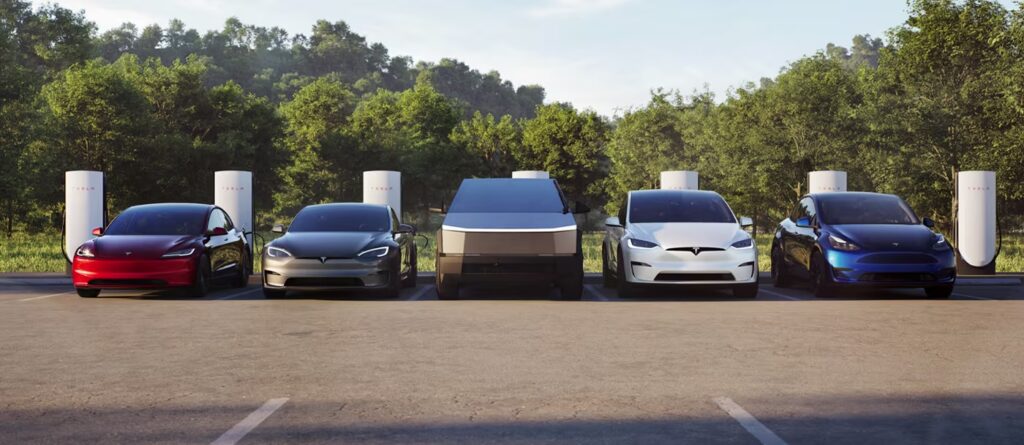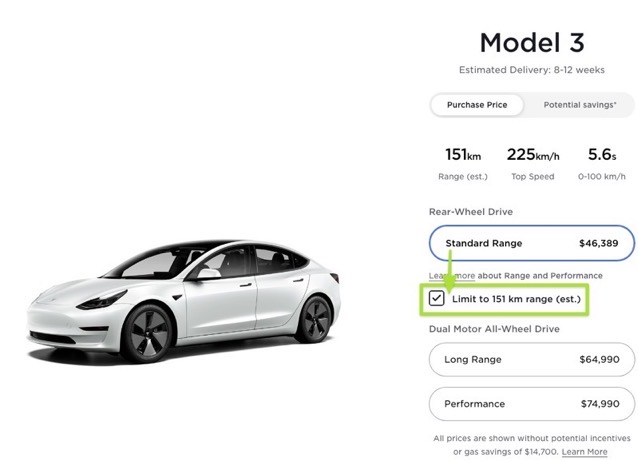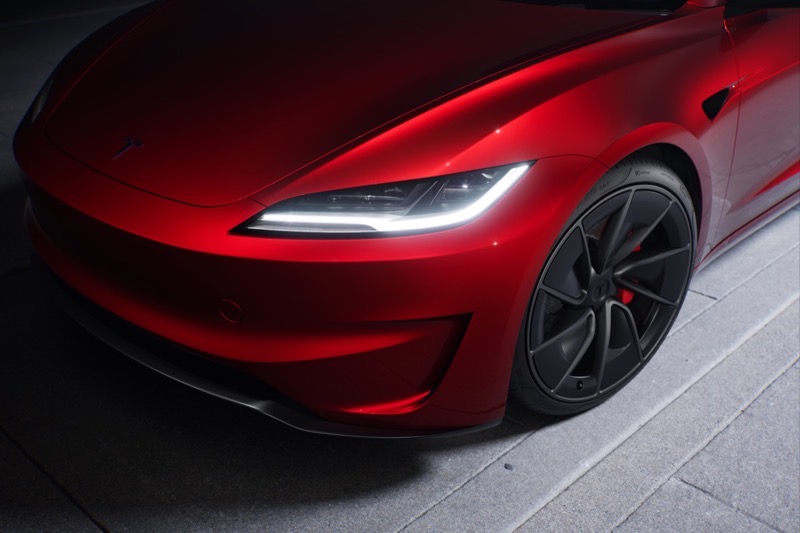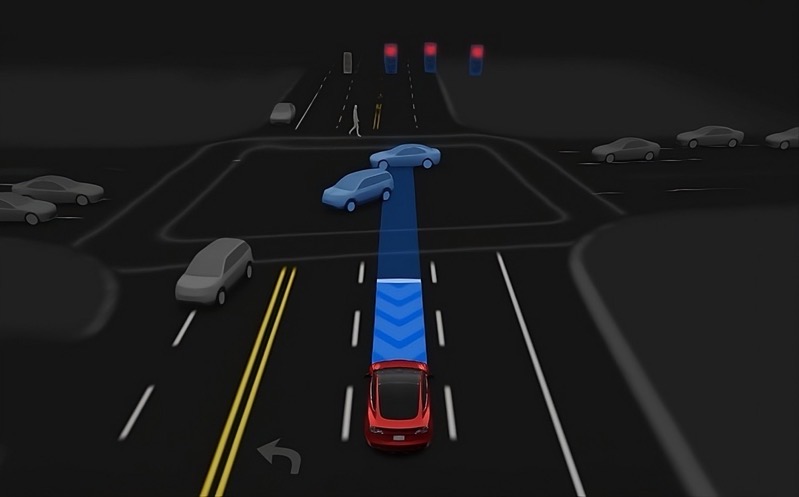
Elon Musk Outsmarted Justin Trudeau for EV Rebates and One Consumer Group is Mad

According to The Drive, consumer advocacy group, the Canadian Taxpayers Foundation, is not happy with the aftermath of Tesla launching a 151 km range-limited Model 3 exclusively in Canada (via Tesla North).
“It certainly looks like Tesla gamed the system by listing a no-frills model just under the maximum price in order to get access to millions in taxpayer subsidies for higher-priced models,” said Aaron Wudrick, federal director of the Canadian Taxpayers Federation.
When the federal government launched its Incentives for Zero-Emission Vehicles (iZEV) program in May 2019, it announced a rebate of up to $5,000 CAD on every purchase of a plug-in hybrid or battery-electric car priced under $45,000 CAD for the base trim, and under $55,000 CAD for subsequent higher-tiered trims.
The condition originally deemed Tesla’s Model 3 Standard Range Plus (SR+) with a 423 km (263 mile) range ineligible for the $5,000 CAD rebate, as it was priced at $46,670 CAD ($35,000 USD) at the time.
In a blatantly obvious (and clever) maneuver to work around that stipulation, Tesla launched a Model 3 Standard Range (SR) with just 151 km (94 miles) of range and no Autopilot exclusively in Canada for $46,389 CAD.
Taking away the $1,280 destination fee, the $100 air conditioning fee, and a $10 fee paid to the Ontario Motor Vehicle Industry Council, the base price of the Model 3 SR came out to $44,999 CAD — just one dollar below the $45,000 CAD eligibility cut-off for the iZEV program, qualifying both the range-limited Model 3 SR and the 293-mile, $52,990 CAD Model 3 SR+ for the full $5,000 CAD rebate on every sale.
Tesla was quick to confirm that it would not be offering a range upgrade for the 151 km Model 3 SR that is shipped with its range limited by onboard software, so it was pretty clear that the SR’s only purpose was to pave the SR+’s way to $5,000 CAD rebates.
The 151 km Model 3 SR only sold 151 (how apt) units between May, 2019, and April, 2021, according to new data from Transport Canada obtained by The Drive. The Standard Range Model 3 only took away $755,000 CAD in rebates from the iZEV program.
On the other hand, Tesla sold a whopping 22,938 units of the Model 3 Standard Range Plus during the same time. The Model 3 SR+’s qualification for the iZEV program cost the rebate fund $114,690,000 CAD.
Together, the Model 3 SR and Model 3 SR+ took home $115.5 million CAD — 26% of the entire iZEV fund, all because Tesla decided to “game the system” with a 151 km base trim.
The rebate program also has a price exception for 7-seat vehicles, which many suspect was targeted at the Canadian-built Chrysler Pacifica Hybrid.
Canada’s department of motor vehicles, Transport Canada, doesn’t seem to be all that mad about Tesla’s on-the-nose antics, though. After all, they were the ones who decided to let the Model 3 into the iZEV program in the first place.
Transport Canada says that the rebate program is meant to make electric vehicles more affordable and encourage adoption. But the way the rebate rules apply appears to favour some automakers more than others, and Tesla reacted in its best interests for the sake of its Canadian customers.

